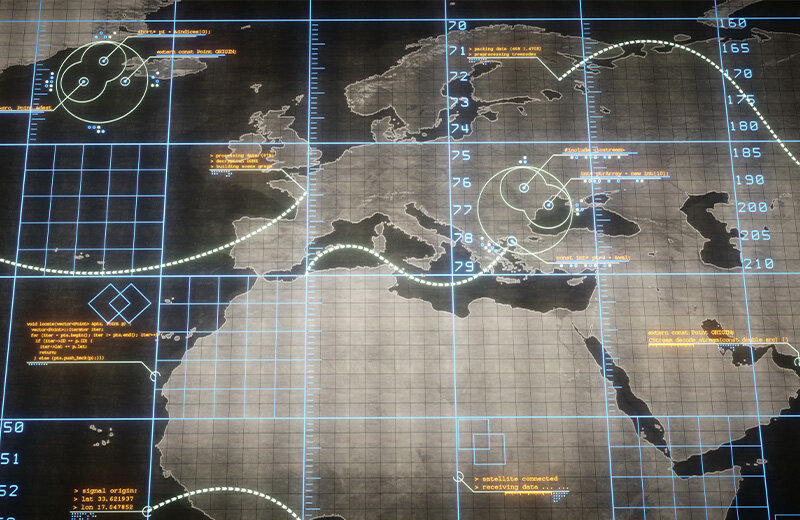Canada’s decision to spend record amounts of money on its naval fleet after years of lackluster budget allocations may seem strange at first, but the mystery is quickly dispelled with a closer look at climate data showing the rapid recession of ice from the country’s coastline, says John Wilson, professor of sociology, architecture, civil and environmental engineering, computer science, preventive medicine, and spatial sciences at the USC Dornsife College of Letters, Arts and Sciences.
“There are a whole series of opportunities, challenges and threats in the Arctic because of a warming climate, and this will have an effect on many areas,” Wilson says.
Without ice, Canada’s coastline is more accessible to ships, whether hostile military craft or everyday shipping and trade vessels. When viewed in this wider context, it’s easier to understand the country’s defense spending and make some predictions about its future political and economic actions.
Understanding our changing world through the lens of experts in political science, international relations, economics, spatial sciences and environmental studies will be the focus of USC Dornsife’s new Master of Arts in Global Security Studies program. The two-year, full-time program, which begins in the fall of 2022, offers students a choice of three concentrations: intelligence and security, global security and humanitarian intervention, or environmental security.
